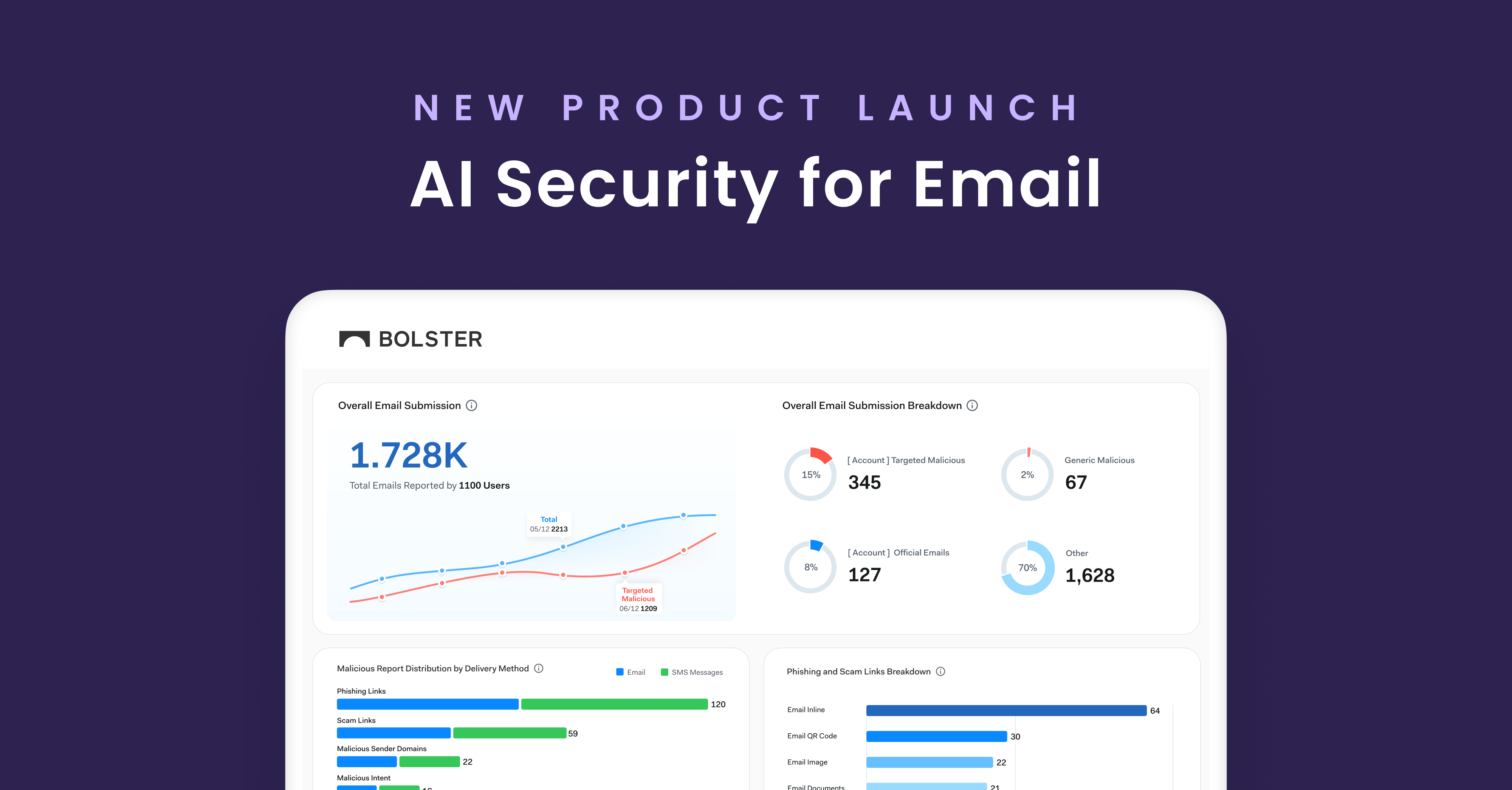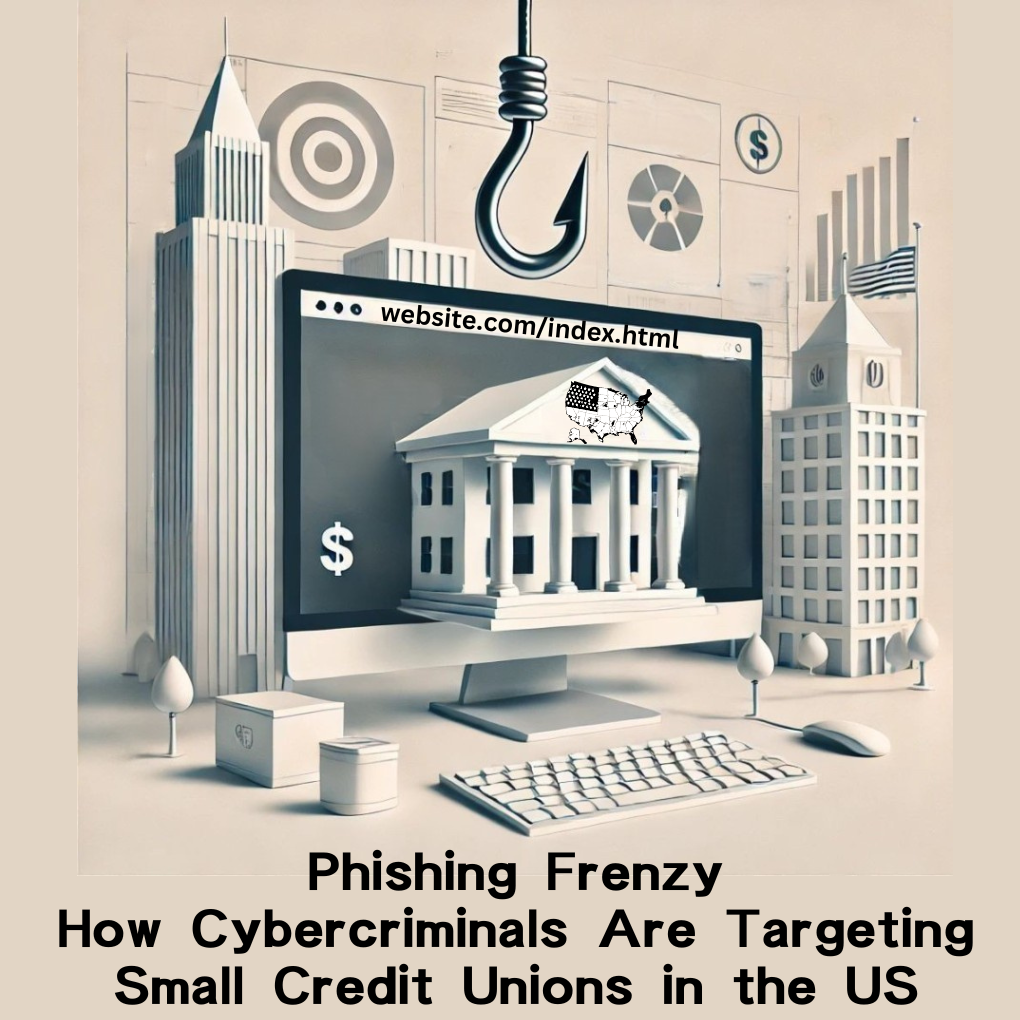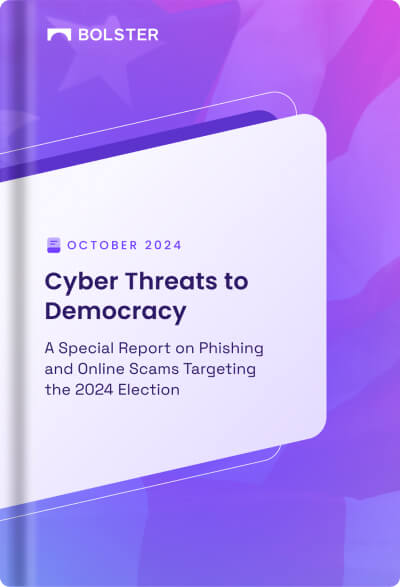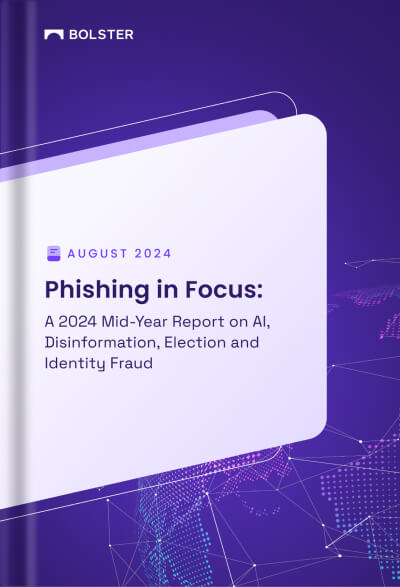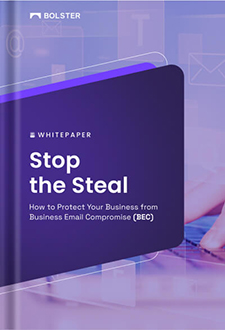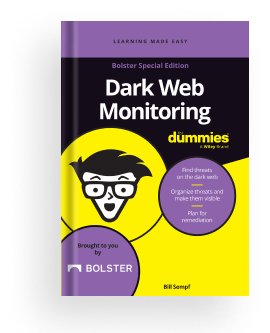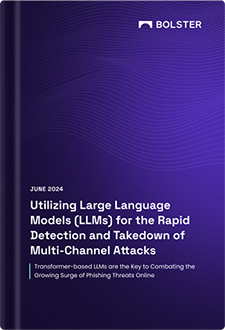In the huge evolving rolodex of cybersecurity threats, carding remains a prevalent and highly illegal activity. And with the advent of encrypted messaging platforms like Telegram, carders have found a new haven to conduct their activities. Below we will explain what Telegram carding is, how it operates, and the associated risks.
What is Telegram Carding?
Telegram carding involves the unauthorized use of stolen credit card information to make fraudulent purchases. This activity is facilitated through various Telegram channels, groups, and bots, where participants share methods, tools, and stolen card details. These groups are often well-organized and provide step-by-step guides on how to carry out these illicit activities.
Learn more about why scammers use Telegram
How Does Telegram Carding Work?
Carding operations on Telegram typically follow a structured process.
Gathering Card Information: Carders obtain stolen credit card details from various sources, including data breaches, phishing attacks, and the dark web.
Joining Telegram Groups: These carders then join specific Telegram groups or channels dedicated to carding. (These groups often require verification or a fee for entry to maintain exclusivity.)
Learning and Sharing Methods: Within these groups, members share tutorials on different carding methods. These can include buying goods online, accessing digital services, or even converting stolen card information into cryptocurrencies.
Using Carding Tools: Carders utilize various tools shared within the groups, such as BIN lists (Bank Identification Numbers), non-VBV (Verified by Visa) credit cards, and carding bots that automate parts of the process.
Popular Carding Methods
Online Store Carding
Online store carding is one of the most common methods discussed in Telegram carding groups, and involves using stolen credit card information to purchase goods from online retailers.
Carders often target websites that have weak security measures or lack stringent verification processes, and may also use tools like fake IP addresses and VPNs to mask their location—making it harder for authorities to trace the transactions.
Additionally, some carders use drop addresses—locations where the purchased goods are delivered without exposing their real identity
Service Carding
Service carding focuses on gaining unauthorized access to subscription-based services like Netflix, Amazon Prime, Spotify, and other digital platforms. By using stolen credit card details, carders can set up accounts and enjoy these services without paying for them.
This method not only allows carders to use these services themselves but also to sell access to these accounts at a lower price, creating an illegal revenue stream. They often use non-VBV cards to bypass security checks and avoid detection
Cryptocurrency Carding
Cryptocurrency carding is a sophisticated method where carders use stolen credit card information to purchase cryptocurrencies like Bitcoin. These digital currencies are then either used directly or exchanged for other goods and services.
This method is popular because cryptocurrencies offer a degree of anonymity, making it difficult for authorities to trace the transactions.
Carders often use cryptocurrency exchanges and wallets that have minimal verification requirements to facilitate these transactions, further reducing the risk of being caught.
Gift Card Carding
Gift card carding involves purchasing gift cards using stolen credit card information. These gift cards can then be sold or used to buy goods. This method is particularly appealing to carders because gift cards are easier to liquidate and less likely to raise suspicions compared to direct purchases of goods.
Some carders even specialize in buying gift cards from retailers that frequently offer promotions and discounts, maximizing their illicit profits. The anonymity of gift cards also makes it difficult for law enforcement to trace these transactions back to the original perpetrators.
Risks & Legal Consequences
Engaging in carding activities is highly illegal and carries severe penalties. Law enforcement agencies around the world are continually working to track and apprehend those involved in such activities.
The use of Telegram does not provide complete anonymity, and users can still be traced and prosecuted.
Protecting Your Business
To safeguard against carding and other fraudulent activities, businesses need to employ a combination of both straightforward and robust cybersecurity measures. To start:
Use Strong Authentication Methods: Implement multi-factor authentication (MFA) to add an extra layer of security to online transactions.
Regularly Update Security Protocols: Ensure that all software and security protocols are up-to-date to protect against the latest threats.
Educate Employees and Customers: Train employees and customers on recognizing and avoiding phishing attempts and other fraudulent activities.
Monitor Transactions: Continuously monitor transactions for unusual activity and implement automated systems to flag and review suspicious transactions.
For max protection, Bolster and Checkphish provide comprehensive solutions to help businesses protect themselves:
Real-Time Threat Detection with Bolster
Bolster provides real-time threat detection to identify and mitigate phishing and fraud attempts. The AI-driven platform continuously scans the internet to detect fraudulent sites and compromised credentials, alerting businesses before damage occurs. This proactive approach is crucial in preventing carding activities that rely on stolen data from data breaches and phishing attacks.
Phishing Detection and Mitigation with Checkphish
Checkphish, a service by Bolster, focuses on detecting and mitigating phishing threats. It uses advanced AI algorithms to analyze websites and emails for signs of phishing, helping businesses identify and block these threats in real time.
By preventing phishing attacks, businesses can protect their customers’ credit card information from being stolen and used for carding.

